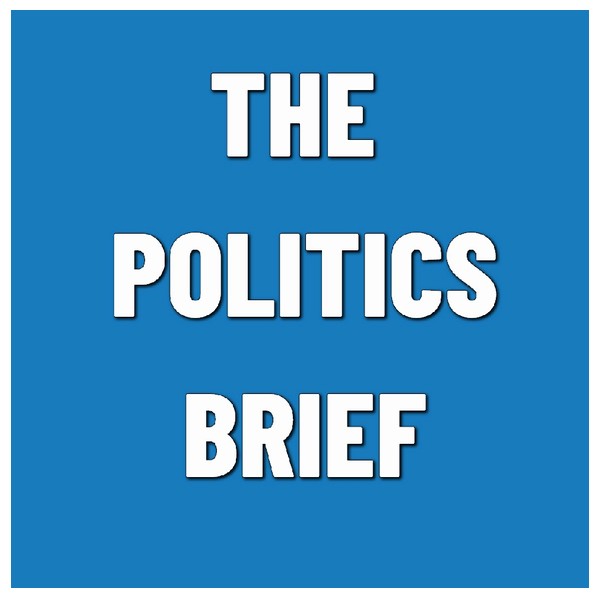A judge in Pennsylvania determined that former President Trump cannot be sued by an election official over statements he made casting suspicion on the 2020 election results during his presidency, due to the protection provided by presidential immunity.
Judge Michael Erdos of Philadelphia County Court of Common Pleas ruled that Trump’s immunity extends to a tweet he posted and statements he made during a Pennsylvania state Senate committee hearing in November 2020, which alleged fraudulent activity in the state’s election counting process, even though these claims were not backed by evidence.
The lawsuit was brought by James Savage, a supervisor of Pennsylvania’s voting machines during the 2020 election. Savage combined two lawsuits claiming that Trump, Rudy Giuliani, a pair of poll observers, and others had conspired to slander him. Savage alleges that their remarks resulted in him receiving death threats and suffering two heart attacks.
“Other legal proceedings may examine the propriety of his statements and actions while he was the President and whether, as the plaintiffs in this and other cases contend, it was this conduct which served as the actual threat to our democracy,” Erdos ruled. “But this case is not the proper place to do so. Here, Trump is entitled to Presidential immunity.”
Erdos ruled that Trump’s initial statements fell within his official duties as he was communicating to the public on matters of public interest.
“Here, then-President Trump’s Gettysburg remarks and his tweet were public,” Erdos wrote. “Moreover, the topic of these statements—claims from third parties and the President himself about irregularities in the Presidential election which on their face called into question the integrity of the election and whether now-President Joseph Biden had been duly elected—was undoubtedly a matter of great public concern.”
Trump legal spokeswoman Alina Habba reacted to the court victory in a statement.
“We are pleased with the Court’s decision to honor the long-standing principle of Presidential Immunity,” Habba said.
“Today, the Court made it clear that it is well within the President’s discretion to address the integrity of our election without fear of liability,” Habba continued. “We expect that the rest of Mr. Savage’s claims will similarly be disposed of as they are without merit.”
However, Special Counsel Jack Smith has indicted former President Donald Trump for his constitutionally protected speech and election challenges ahead of the events leading to the Capitol riot on Jan. 6, 2021.
Constitutional attorney Jonathan Turley shredded the indictment in a reaction to the announcement.
“The hatred for Trump is so all-encompassing that legal experts on the political left have ignored the chilling implications of this indictment,” Turley wrote. “This complaint is based largely on statements that are protected under the First Amendment. It would eviscerate free speech and could allow the government to arrest those who are accused of spreading disinformation in elections.”
Turley then cast doubt that an indictment of Trump could ultimately stand up to judicial scrutiny at the Supreme Court level, while citing the 2012 case United States v. Alvarez that ruled a politician could not be convicted for lying in a ‘stolen valor’ case.
“That precedent did not deter Smith. This indictment is reminiscent of the case against former Virginia Gov. Bob McDonnell,” he added. “His conviction on 11 corruption-related counts was unanimously overturned by the Supreme Court in 2016, with Chief Justice John Roberts writing that federal prosecutors relied on a ‘boundless’ definition of actions that could trigger criminal charges against political leaders.”
“This indictment will deepen the view of many in the public that the Justice Department is thoroughly compromised in pursuing political prosecutions,’ Turley corrected noted.






